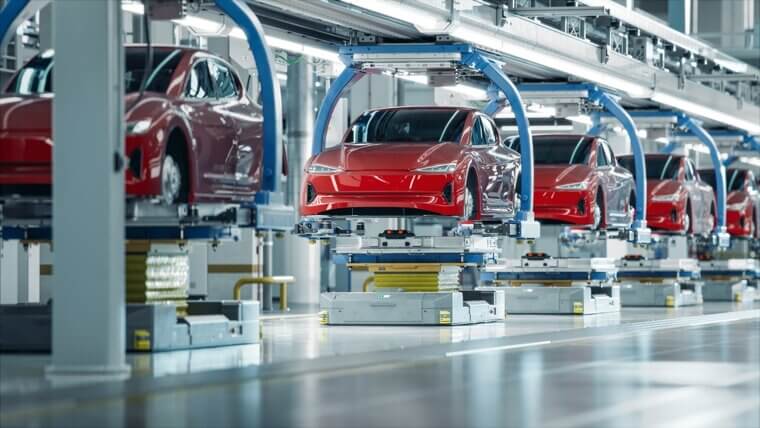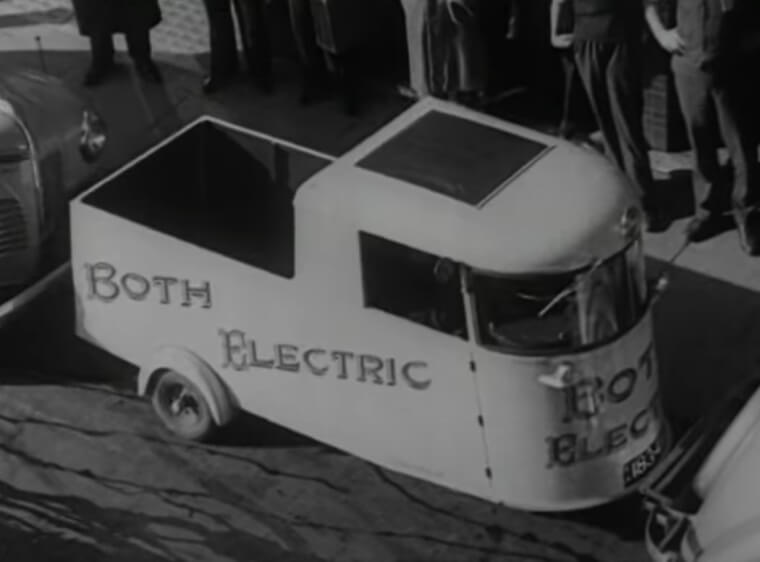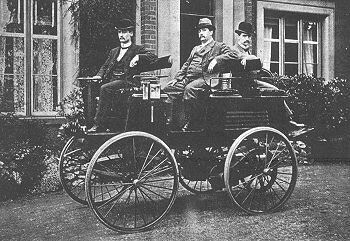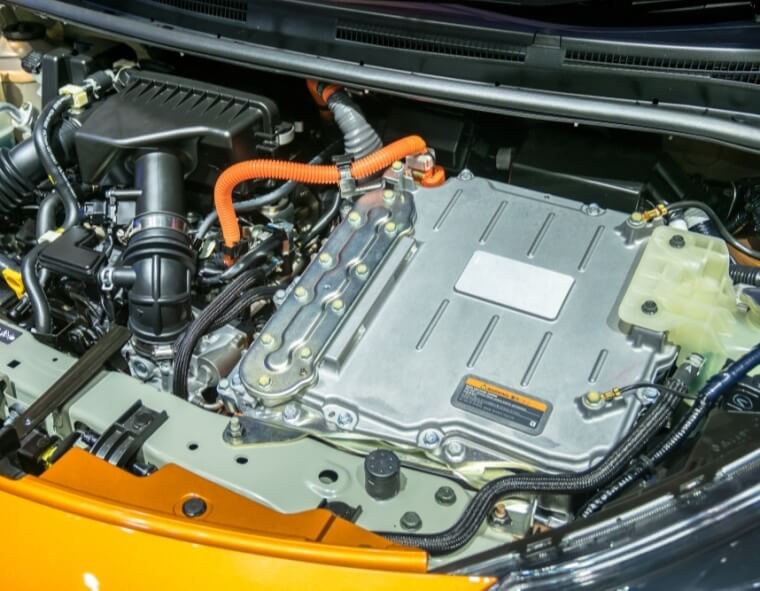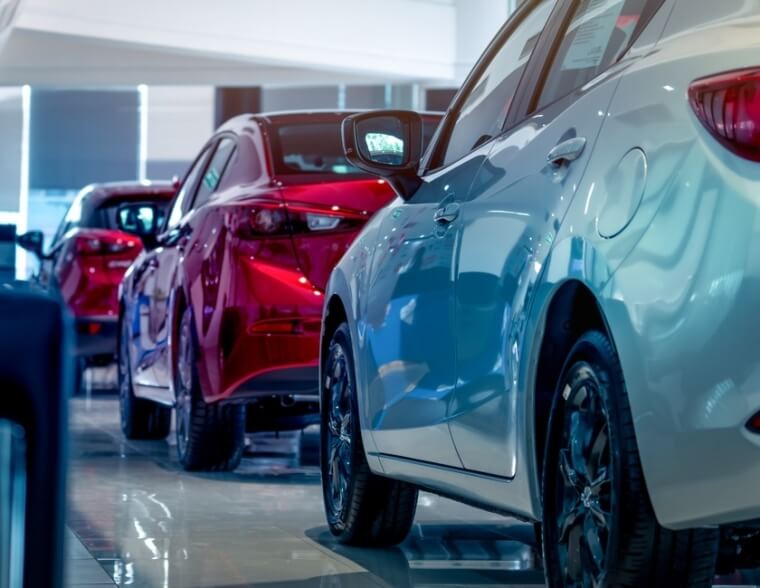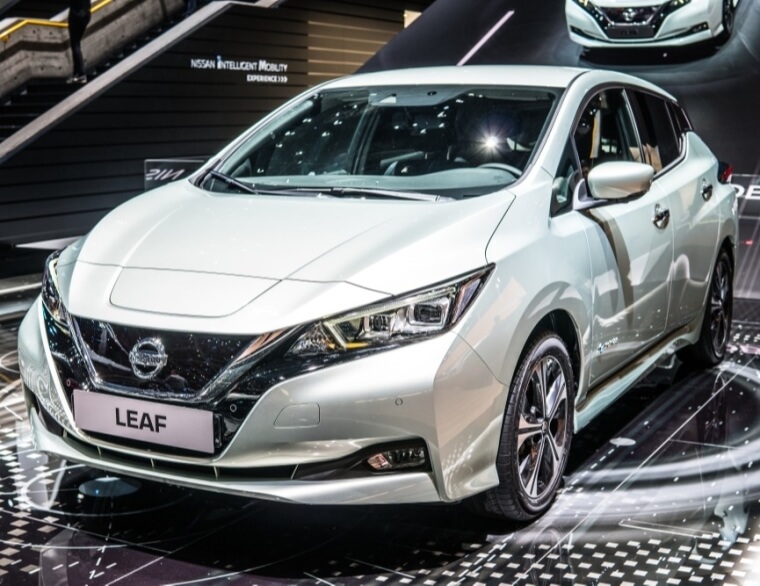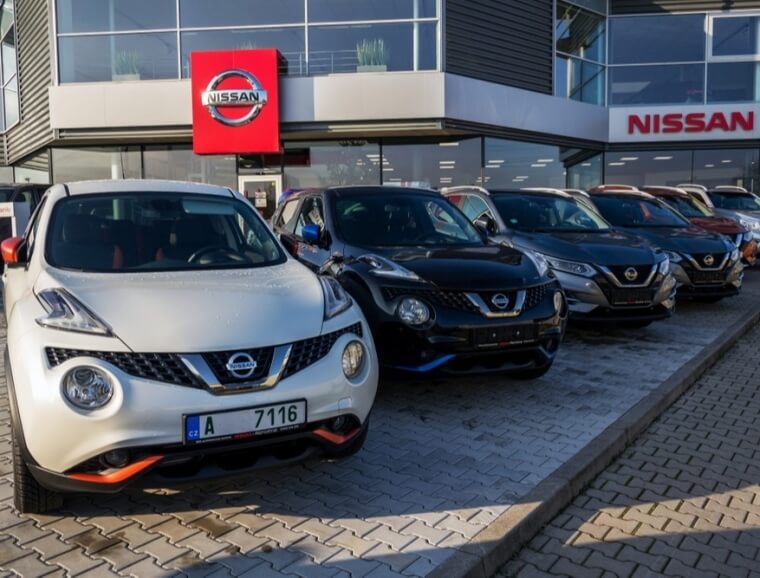EVs Are Everywhere
Electric cars are becoming more popular than ever, but how much do you really know about them? While many people assume EVs are just a trend, the reality is far more interesting. From surprising cost savings to unexpected performance advantages, here are a few eye-opening facts about electric cars that might change the way you think about them.
Electric Cars Were The Most Popular Automobiles Of The 19th Century
Astonishingly, the 19th century's most popular cars were electric. The primary reason for this is that compared to their gasoline-fuelled counterparts, electric cars were more comfortable and easier to operate. The engine that created a boom in gasoline cars was the internal combustion engine (ICE), but during the 19th century and early 20th century, the ICE was not yet efficient enough to propel an automobile. Sales of electric cars began to drop during the latter part of the 20th century, however, as a more advanced version of the ICE was introduced, starting a trend in the popularity of gasoline-fuelled cars that continues to this day.
The World's First Electric Car Was Built In 1884
Although we think of electric vehicles as being an extremely modern phenomenon, futuristic even, the world's first electric car was actually designed and built in the 19th century by Thomas Parker, an innovator from London who had been charged with the task of electrifying the city's overhead tram network. 1884 saw him unveil his incredibly innovative electric car which was fuelled by high-capacity rechargeable batteries. Parker was ahead of his time - he was keen to reduce the amount of fuel-inefficient, environmentally unfriendly cars on London's streets.
Electric Cars Have Low Maintenance And Running Costs
As a machine, electric cars are simpler than their gasoline equivalents - they have fewer parts, meaning fewer things to maintain. While electric batteries are certainly expensive, they last for a very long time, meaning any excessive cost to replace them is unusual or at least infrequent. Unsurprisingly, overall energy consumption for electric cars is also low, working out at an average of 1.75 p/mi (pennies per mile) compared to a much higher 10 p/mi for a gas-fuelled one.
Electric Cars Are Pricier Than ICE Options
The price tag is arguably the biggest challenge for convincing the wider society to switch to electric vehicles. A car - especially a new car - is not a cheap purchase at the best of times, but the high cost of EC battery packs makes these vehicles unaffordable to many. These packs can set you back an eye-watering $800 per kWh, although some manufacturers have started to produce cheaper alternatives, making electric cars a more feasible purchase in the near future.
Electric Cars Are Heavier, But Quieter, Than ICE Cars
The reason behind the heavier weight of electric cars is their battery. The 85 kWh battery pack in a Tesla, for example, weighs 1,200 lb (540 kg). This added weight means that it takes slightly longer for electric vehicles to stop during braking, but the weight helps keep passengers safer during collisions. As you've probably witnessed, either as an electric vehicle has driven past you or as a passenger in one, electric cars are extremely quiet since they don't have a loud engine chugging away as regular vehicles do.
Electric Car Production Produces Significant Carbon Emissions
While electric cars are without a doubt a greener option overall, the production of their batteries means that they generate more carbon emissions than their regular equivalent on the factory line. However, this concerning statistic is balanced out by the fact that over the lifespan of a car, and in general use, the electric option is far more environmentally friendly.
The Nissan Leaf Is The Most Successful Electric Car Ever Produced
Released over a decade ago in 2010, the Nissan Leaf is sold in 35 countries and recorded 500,000 sales globally in December 2020. One of the main selling points of the Leaf is its low maintenance and running costs, using a modest 0.34 kWh/mi which equates to 1.75 p/mi.
The Renault–Nissan–Mitsubishi Alliance Is The Leading Electric Car Manufacturer
The Renault–Nissan–Mitsubishi Alliance is a French-Japanese strategic alliance between the automobile manufacturers Renault, Nissan, and Mitsubishi Motors, which together sell more than 1 in 9 vehicles worldwide, and is the world's leading electric car manufacturer. In 2018, the alliance recorded sales of 725,000 electric vehicles since 2010, representing well over half of all ECs on the road.

